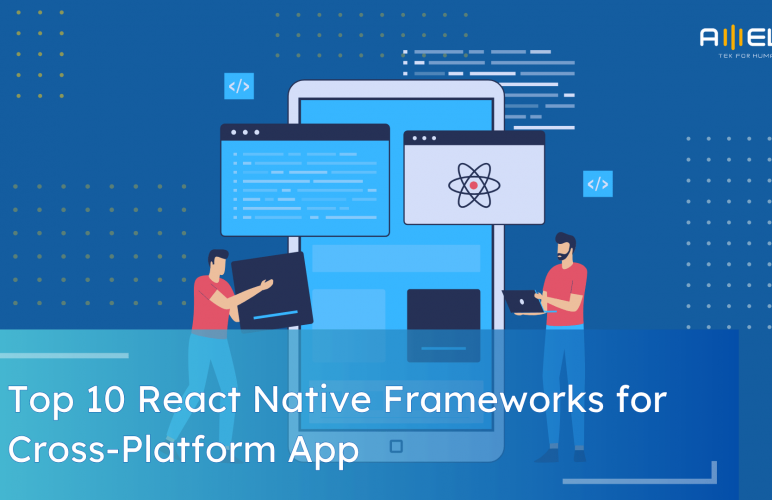
How to Build a Language Learning App? A Complete Guide with Case Studies
You’re probably here because you’ve seen how fast the language learning industry is growing — and you’re wondering how to build how to build a language learning app that can...
View detail








